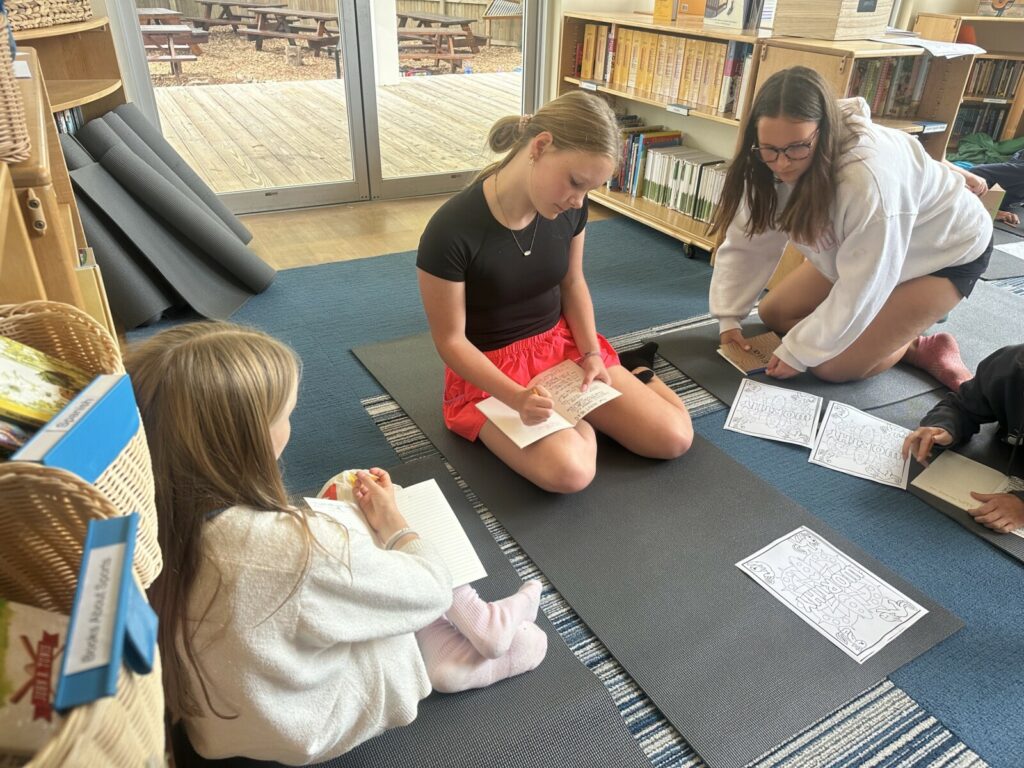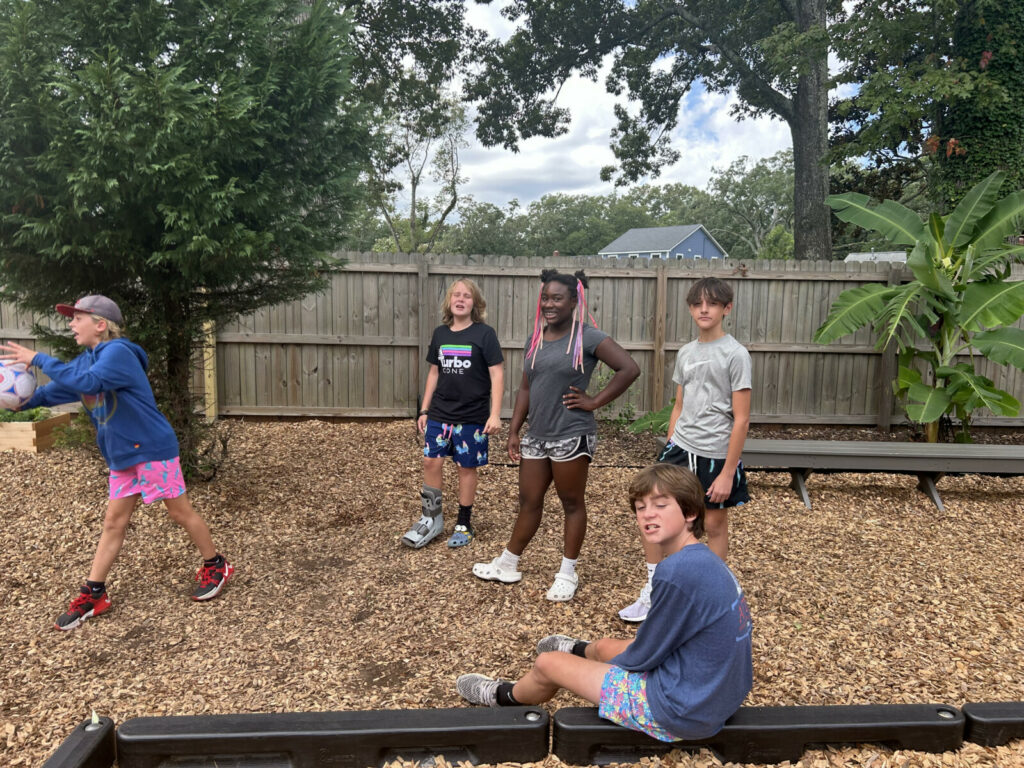
There is a thrill of uncertainty and emotion that comes with planning a civil discourse curriculum for our middle school students. Adding this new element to our ELA classes has certainly kept me up at night. I feel the urge to engage their minds with issues and conversations that have a direct impact on their lives. I’m also attune to the tumultuous hearts and brains of middle schoolers. Can I trust them to handle hot button issues? I definitely felt my own hands clam up when we approached topics of who’s responsible for the environment, men’s roles in women’s rights, and how to navigate election reporting.
My own bundle of nerves made the resulting conversations taste even sweeter – these kids crushed it. I watched them hear each other’s opinions clearly, disagree in ways that sought to understand, and come to a closer picture of the truth. It made me wish I had a middle school heart and mind. As I placed different pieces of media in front of them, waiting for their response, I was so relieved to see them focus on things that the news often leaves behind or ignores completely. Depoliticized, humanized. They saw everything from a compassionate Cooper School lens, a lens that could admit to being unsure of the answer and commit to learning more, a lens that just wanted to slow down, understand, and help. They bravely requested further discussions on topics most adults would not touch (at least not without the online security of a brazen social media comment on a stranger’s post!).
I urge myself and this whole community to applaud these kids loudly. Ask them about the conversations they are having at school and help them unpack anything that might seem heavy. Let them impress you and teach you and give you the hope you’ve probably been looking for.
-MK
Math:
This week, we discussed congruency between shapes before analyzing triangles, their angles, and why they always add up to 180! Next week, we’ll review for and take our first math test – which will cover rigid transformations.
ELA:
7th grade writers drafted and revised their essays on the most beneficial activities for teens this week. We considered what counter arguments might look like in essays such as this, considering how school budgets, parent concerns, or competing interests might challenge our arguments. In civil discourse we discussed searching for facts in election cycles and the role of men in women’s rights.
Next week, argument writers will publish and share their argument essays with the class. We will take part in some of our final civil discourse conversations based on student feedback and interest.
Social Studies:
The seventh grade worked hard on their Native American projects. Each student chose a tribe and researched them and saw how each tribe developed their own culture. We are moving into the impact of the tribes on the continent and how they helped shape the environment around them. Next week we will start our study on central American culture groups.
Science:
Seventh graders learned about the phases of the moon this week. They also took a quiz about the solar system, writing an essay about where life could exist in the solar system. The seventh graders also continued to research the influential scientist they chose to learn more about. Next week, they will learn about eclipses and the surface of the moon.
Important Dates:
September 7th – Family Fun Night @ The Charleston Battery
September 13th- Parent Coffee (8:15-9:00)







